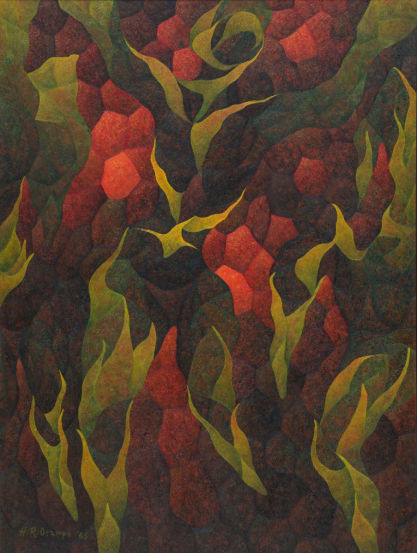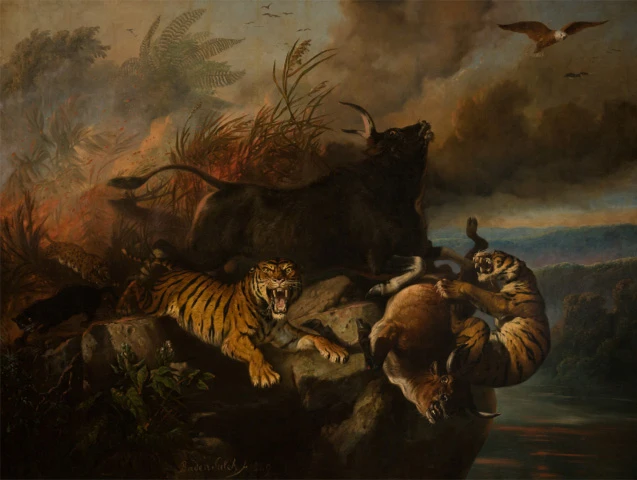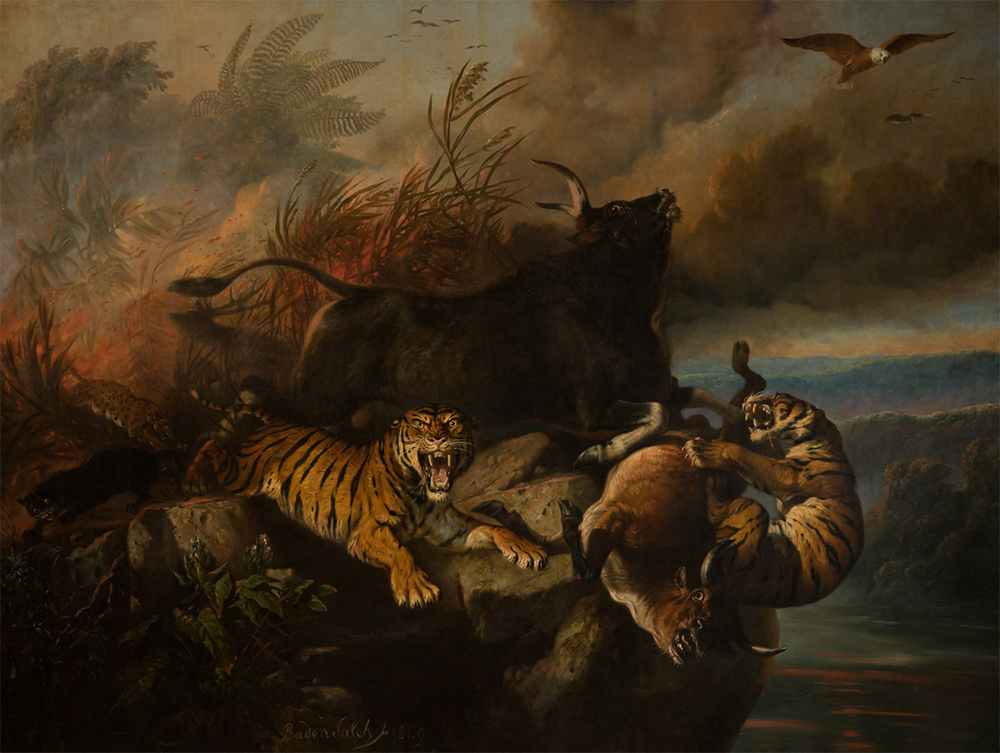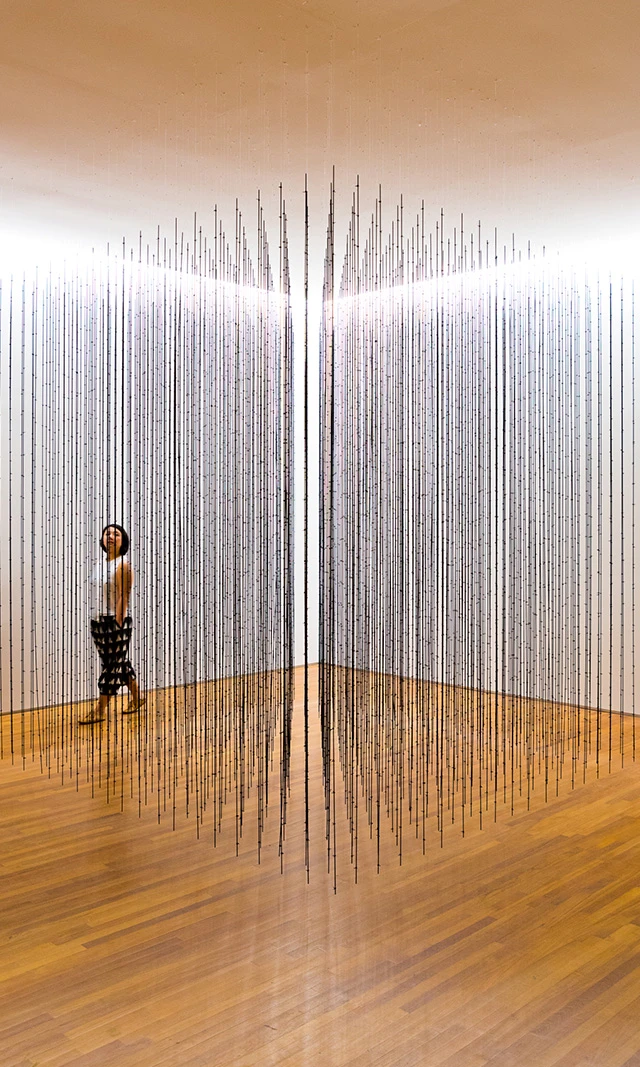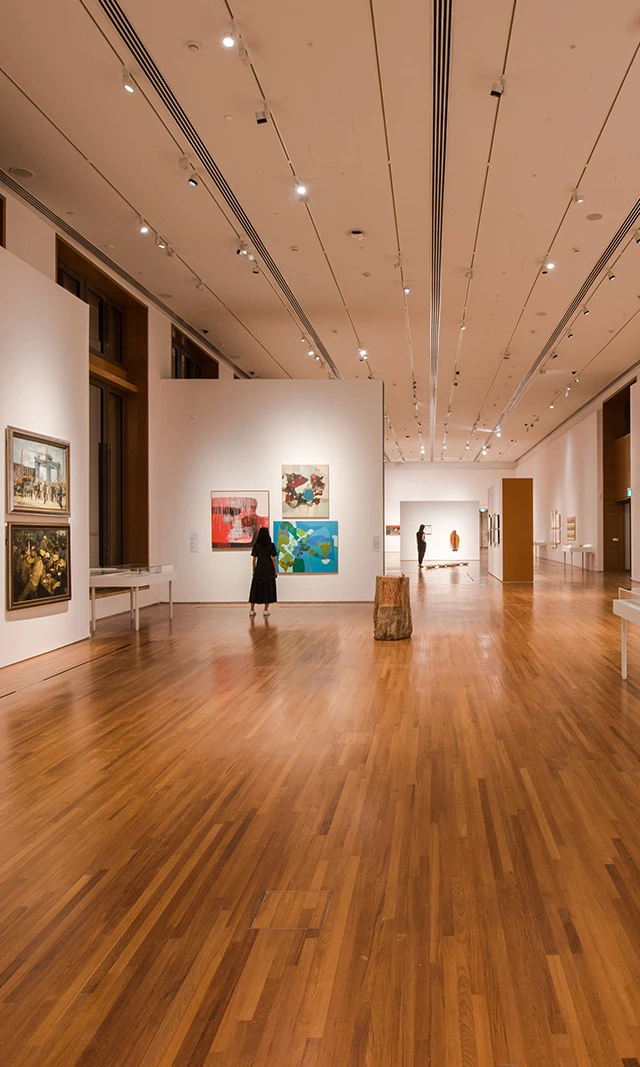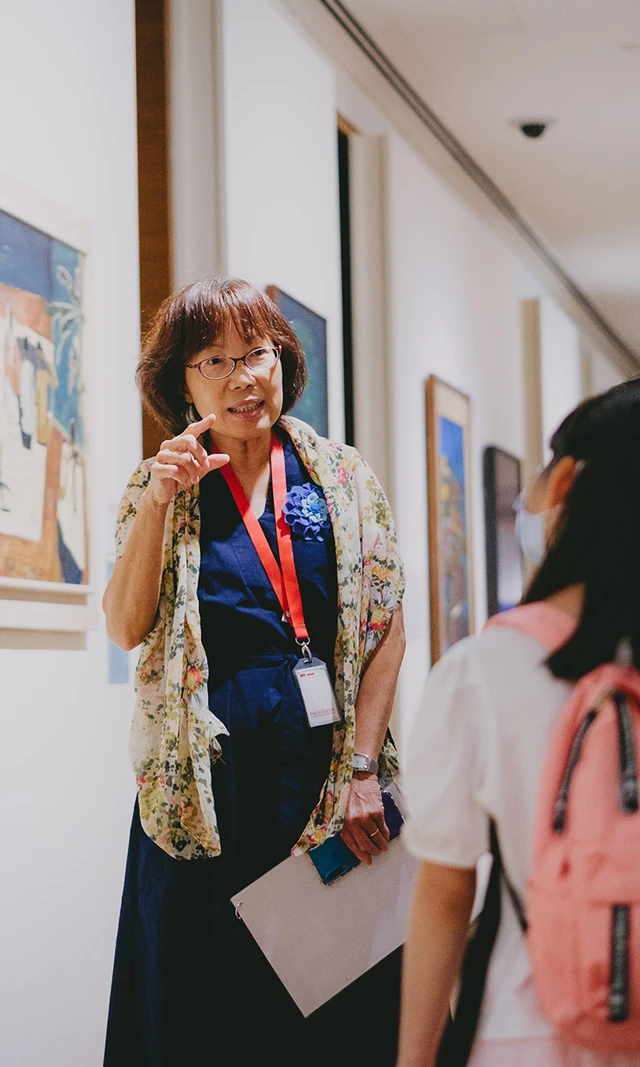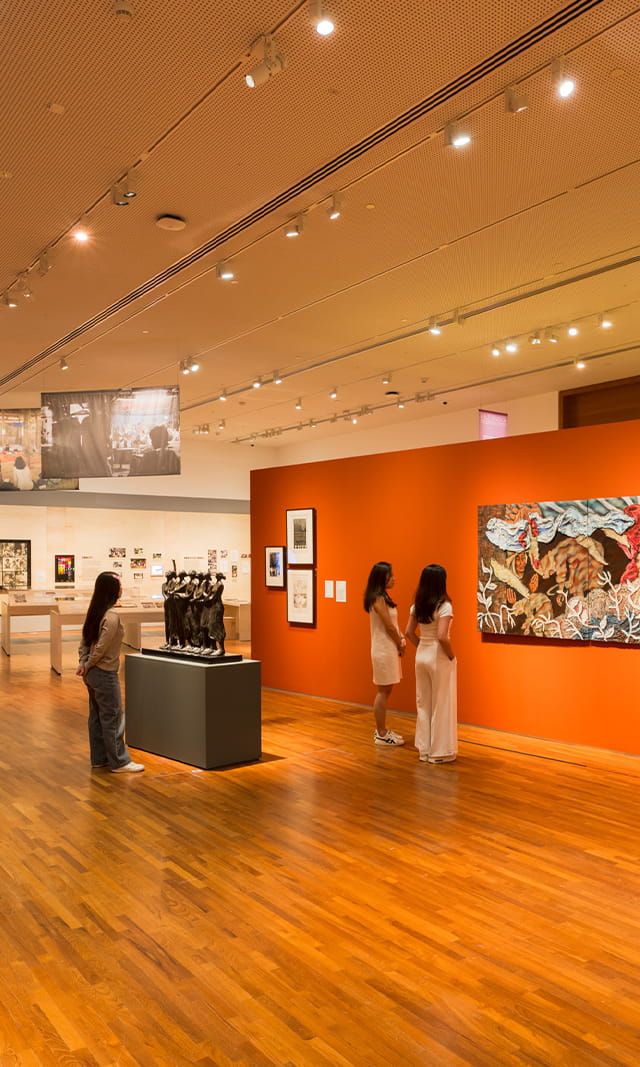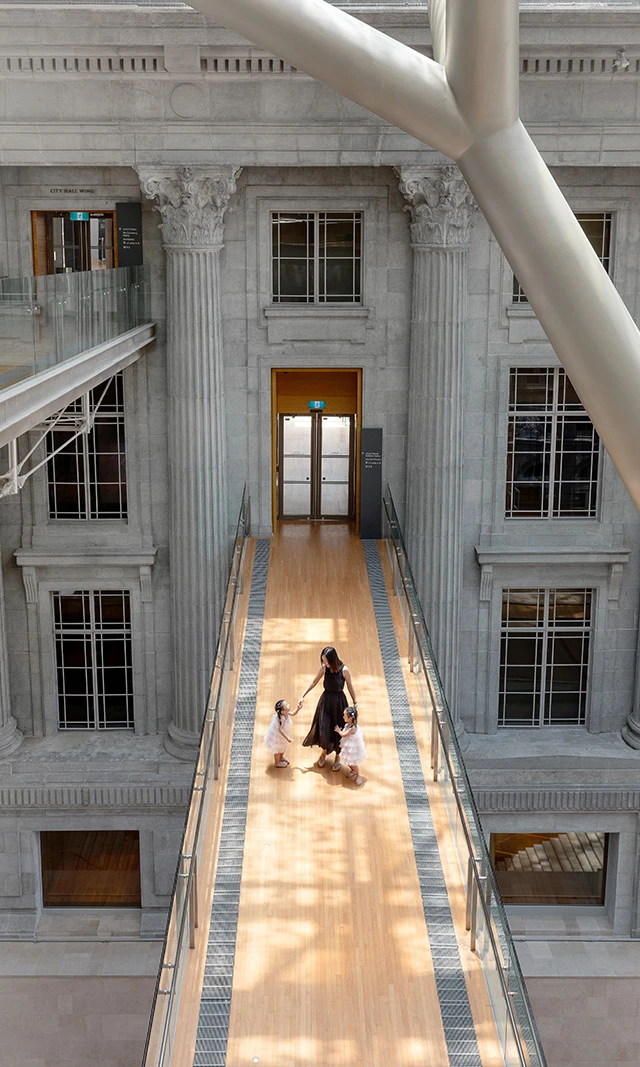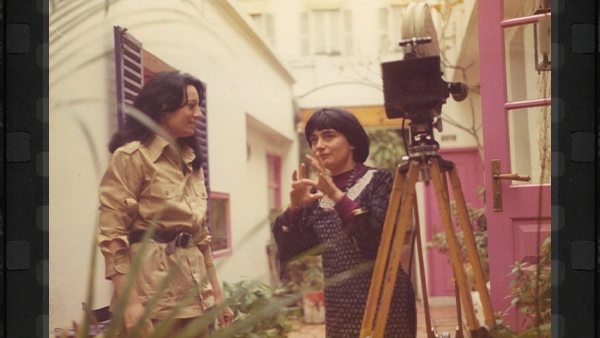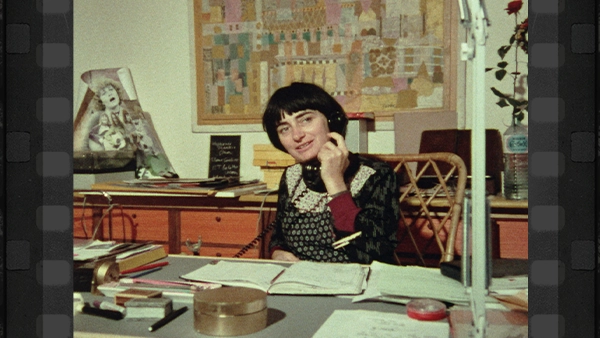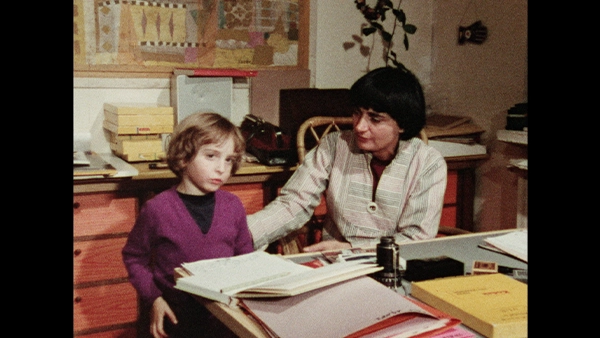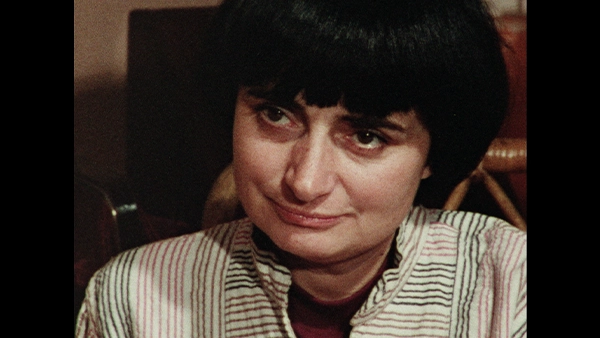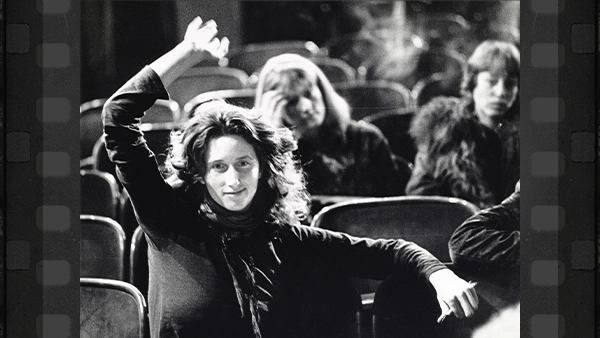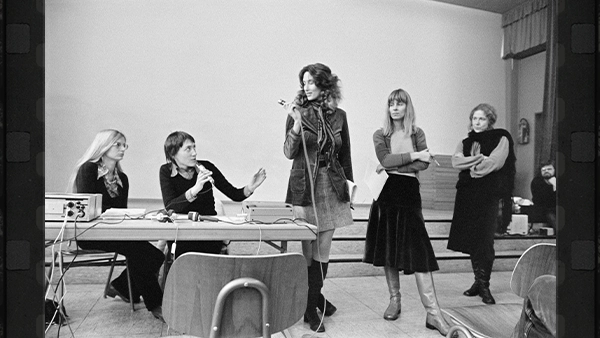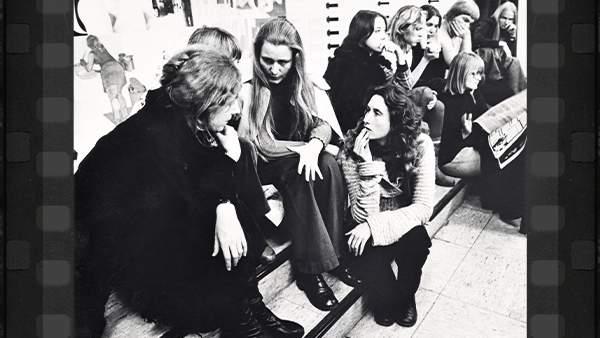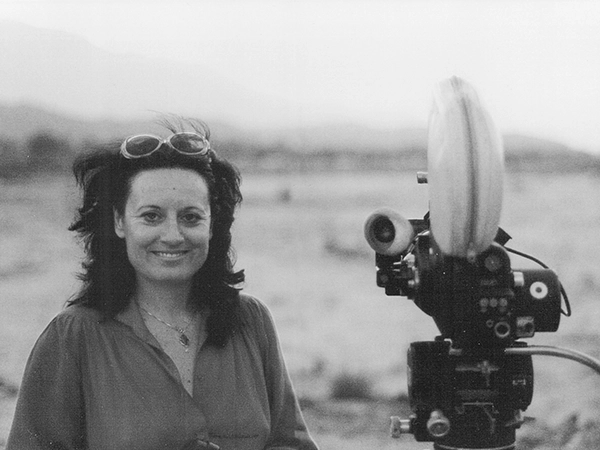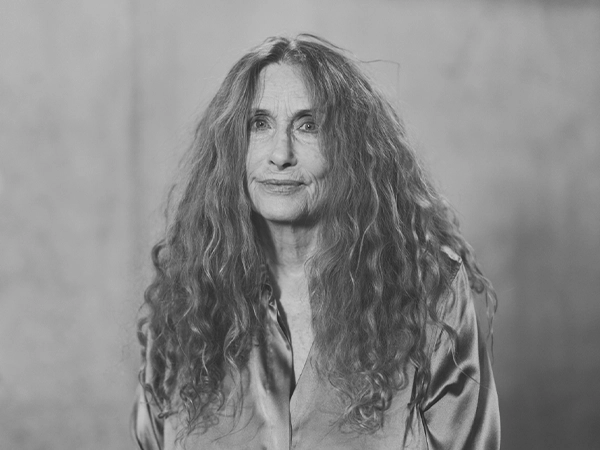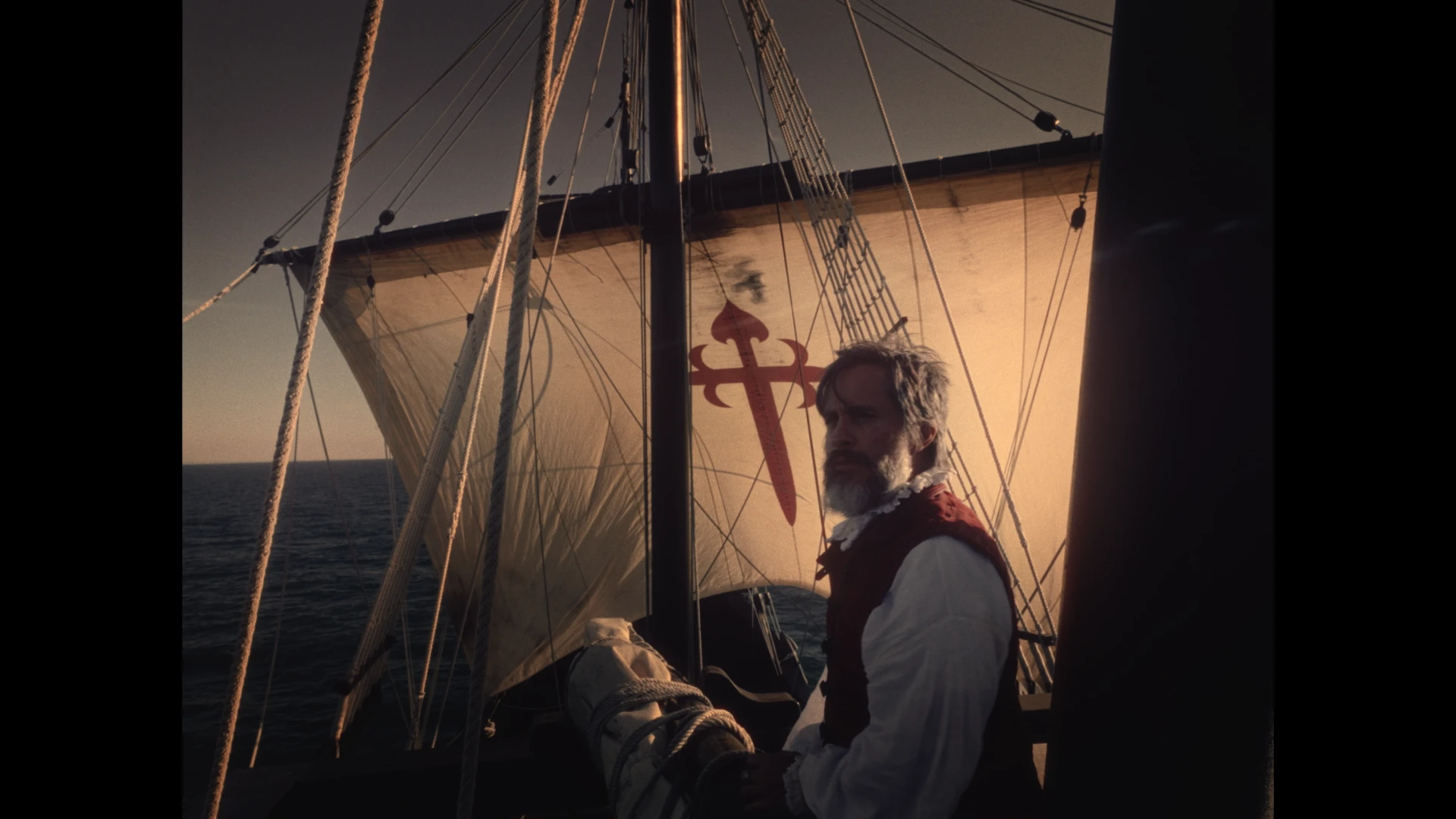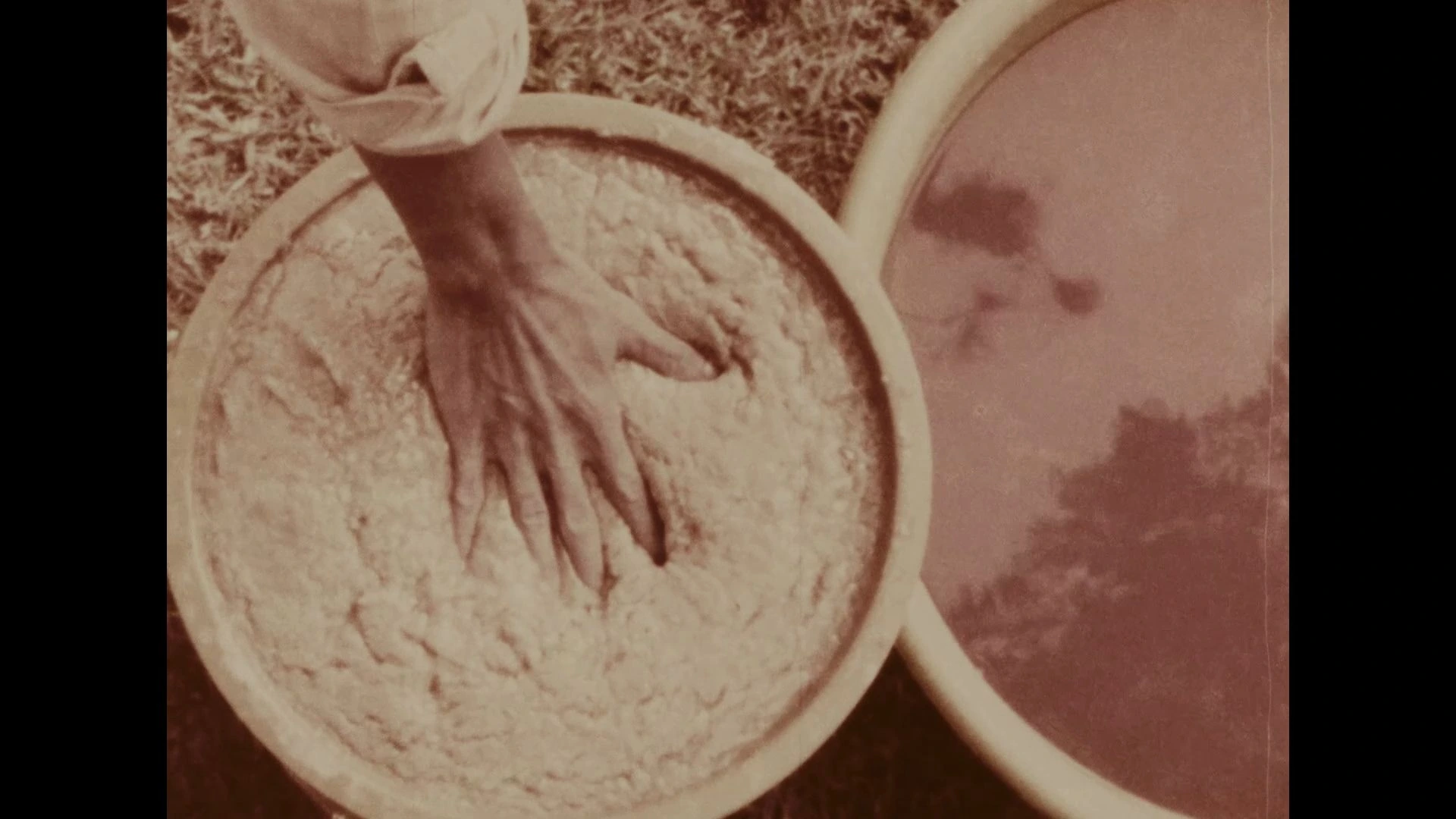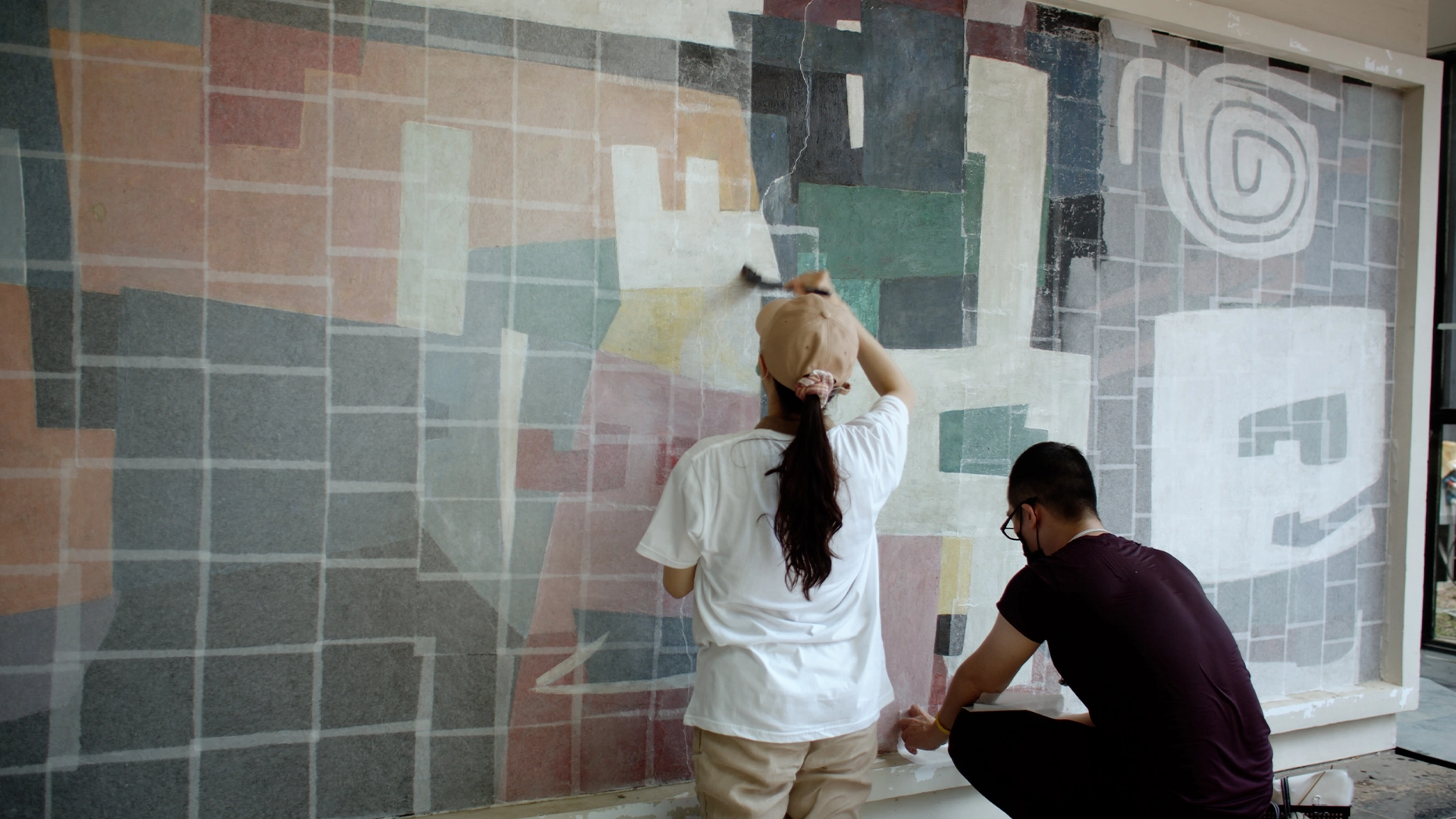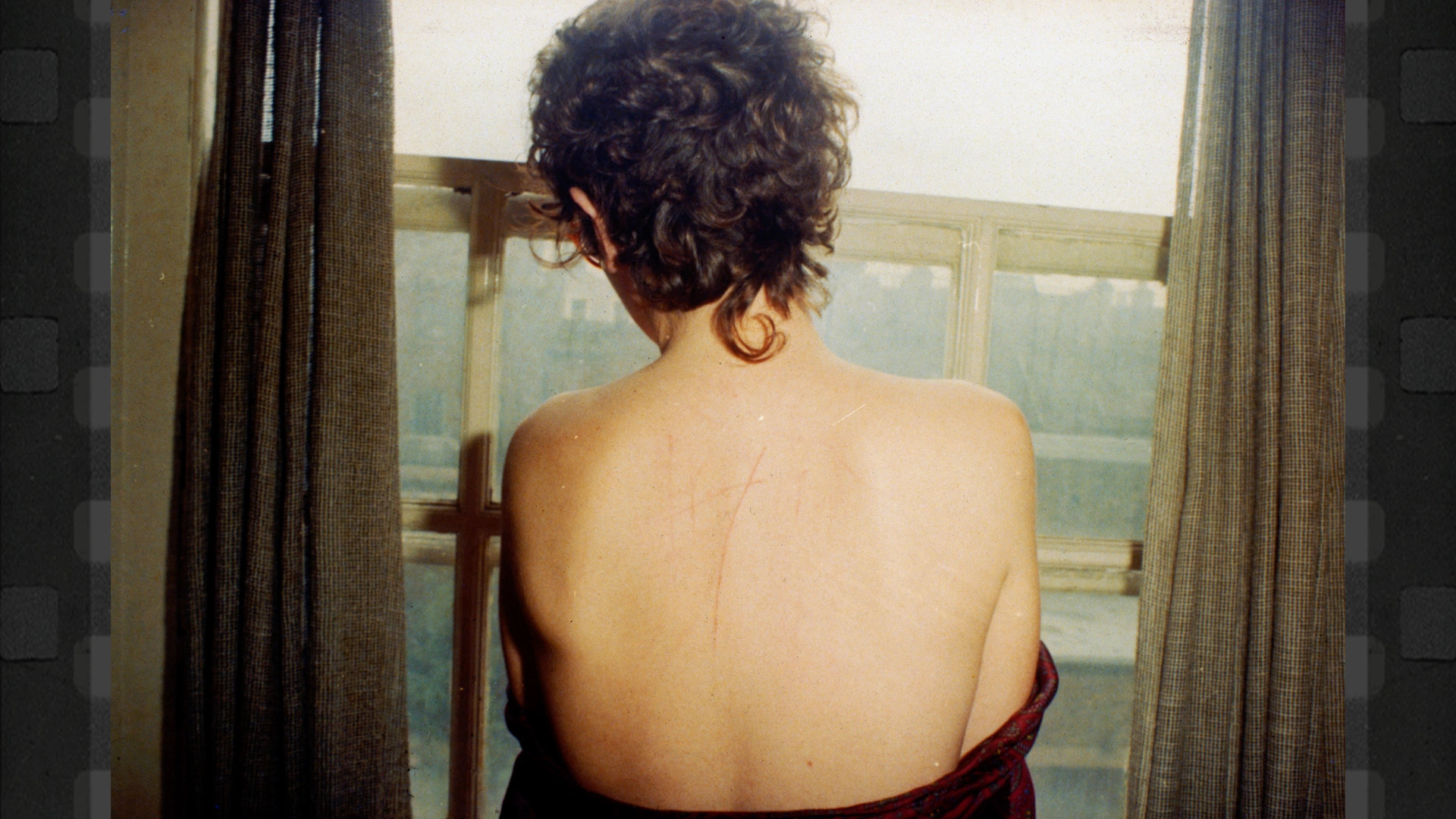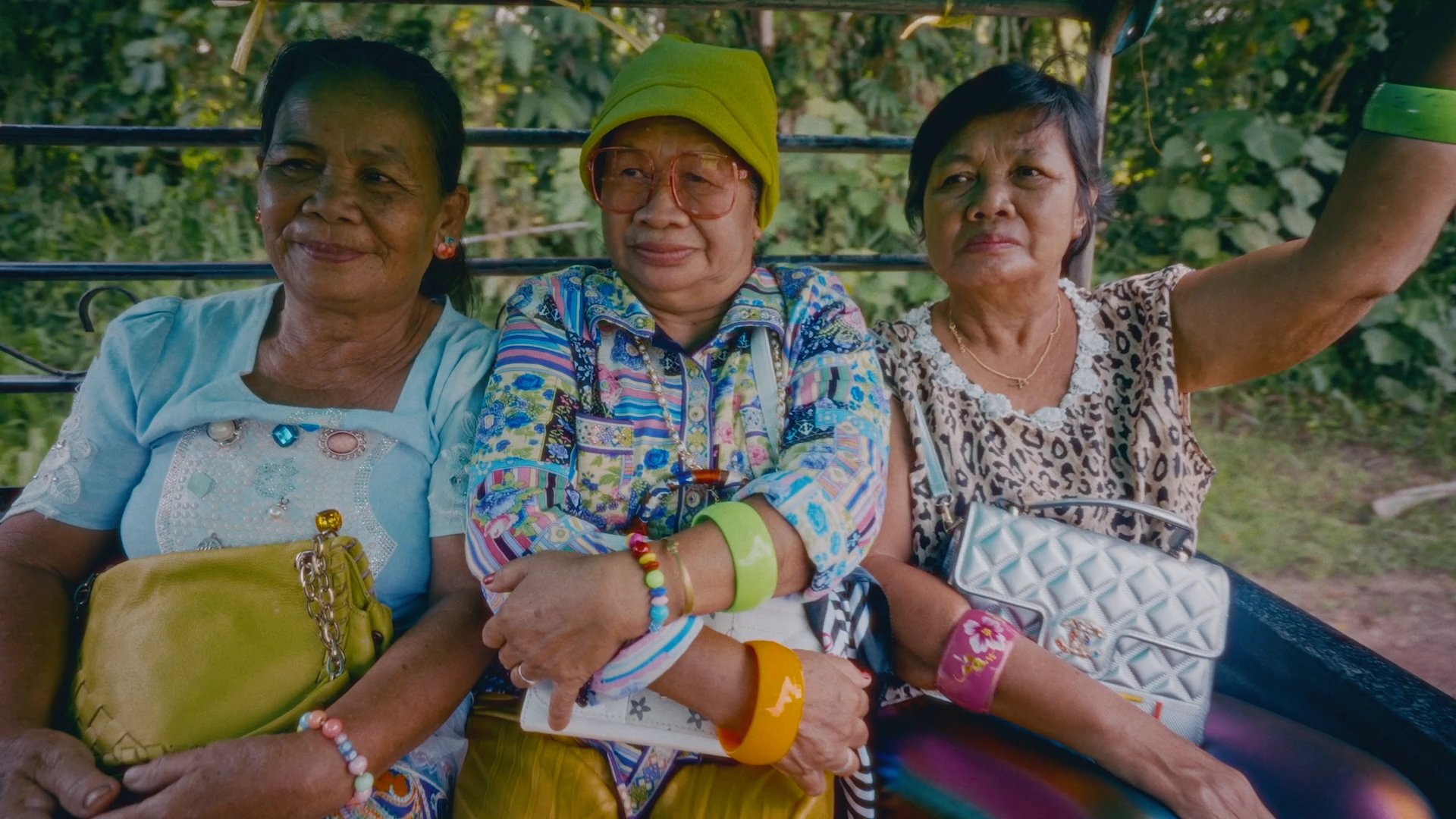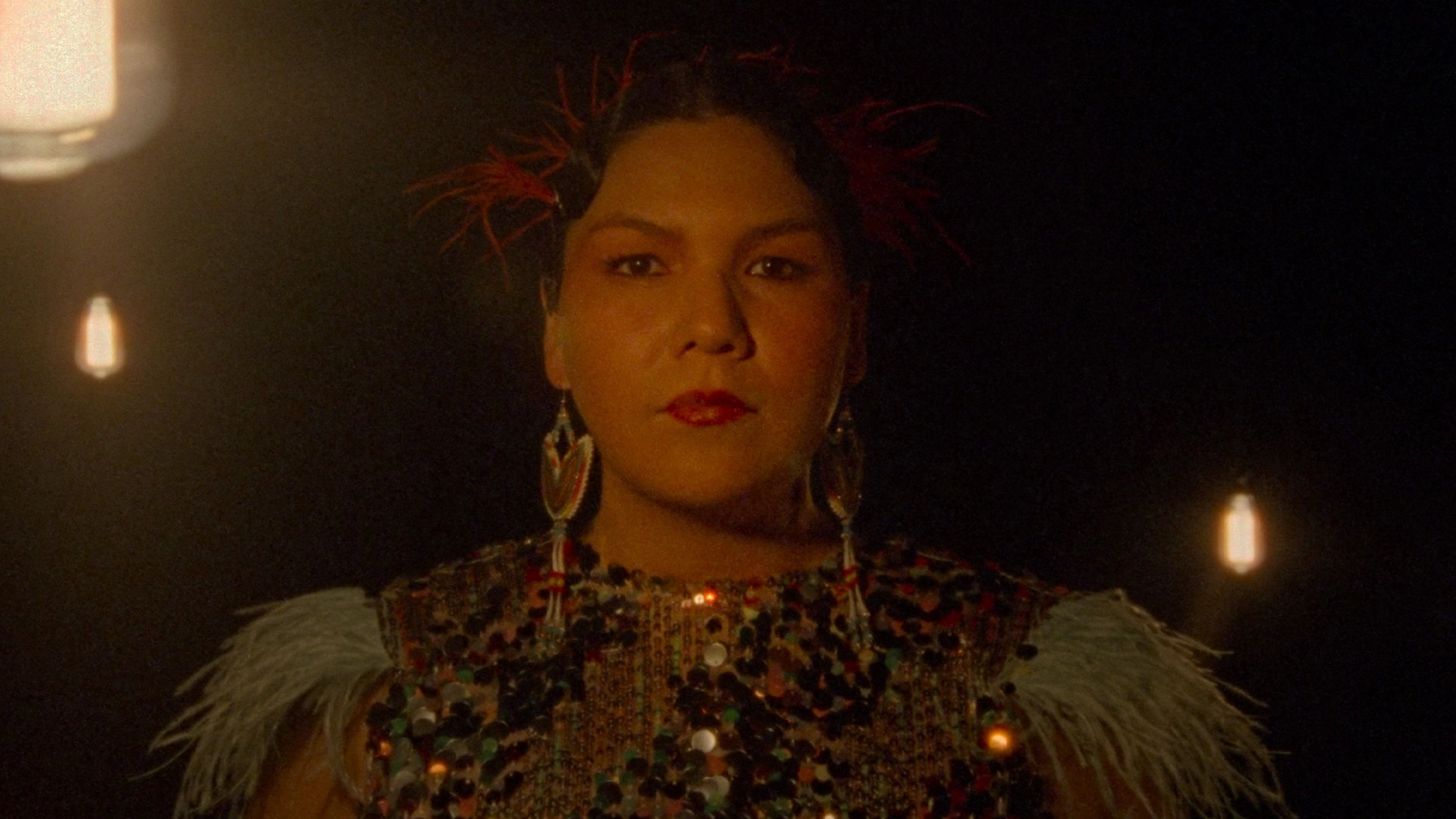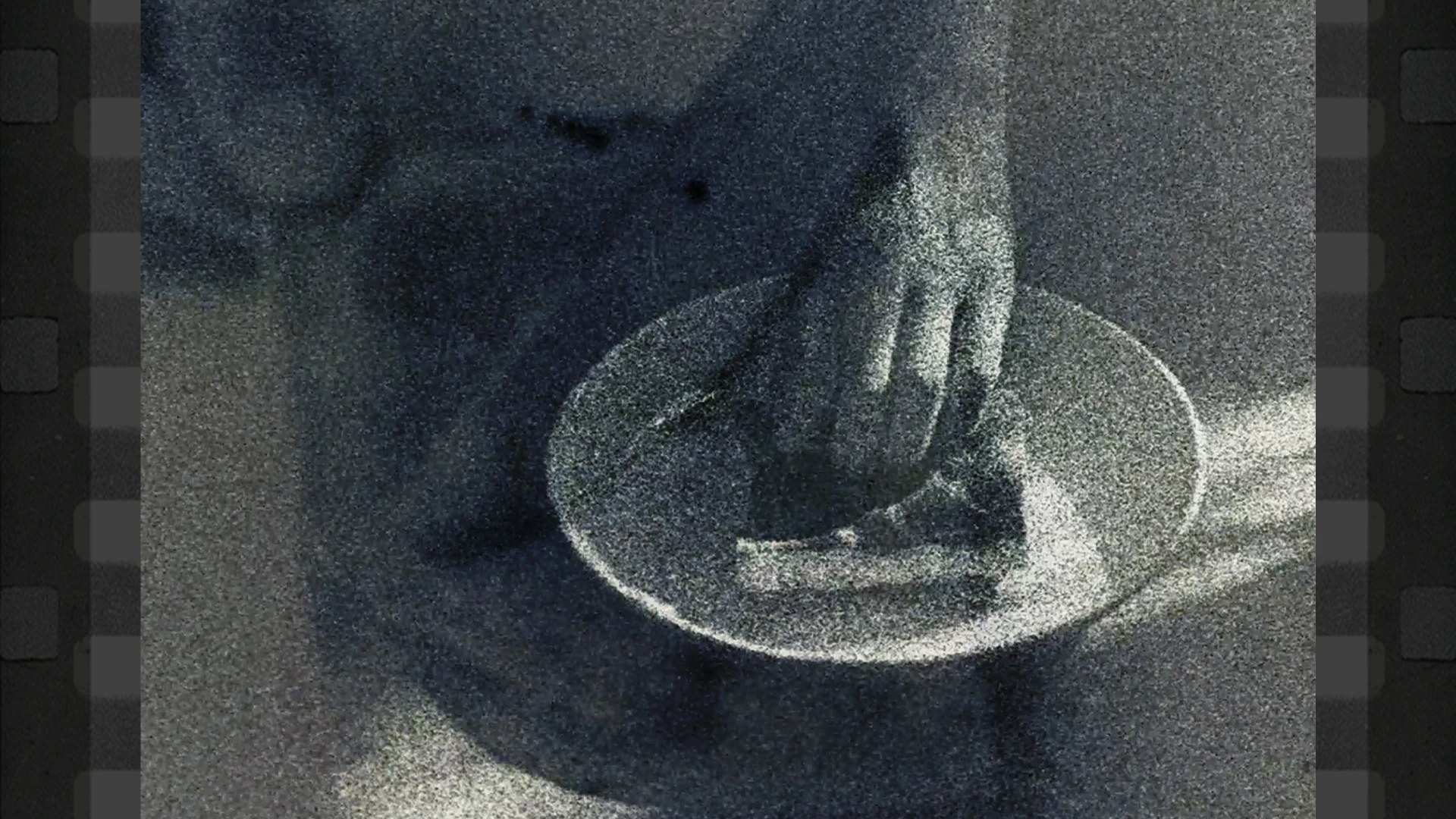DOUBLE BILL: WOMEN ARE NATURALLY CREATIVE–AGNÈS VARDA & THE LONG ROAD TO THE DIRECTOR’S CHAIR
About the Films
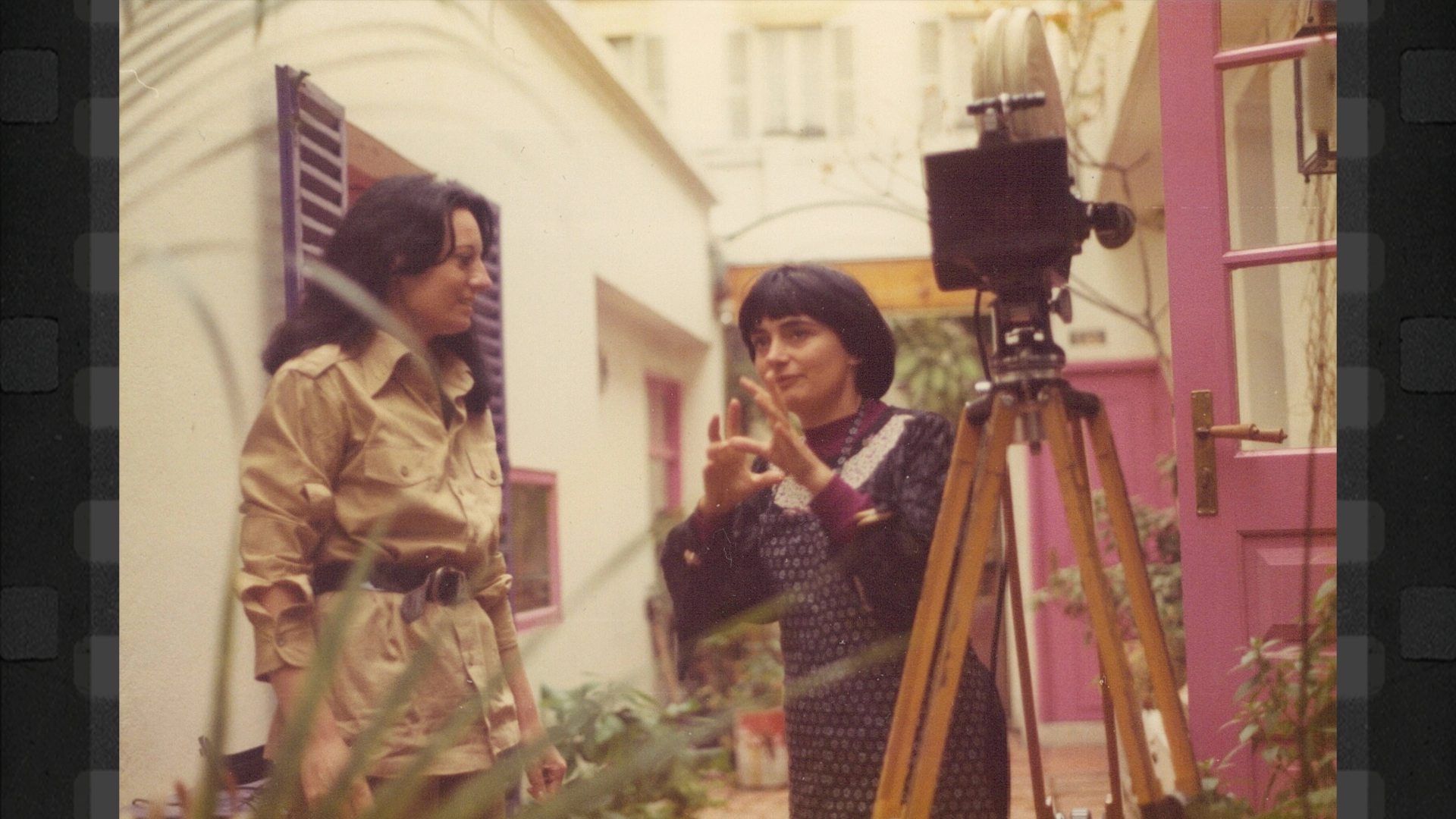
WOMEN ARE NATURALLY CREATIVE
—AGNÈS VARDA (LES FEMMES SONT DE NATURE CRÉATIVES—AGNÈS VARDA)
By Katja Raganelli
When Katja Raganelli asked Agnès Varda if she could make a documentary about her, the latter invited her to visit a shoot. Women Are Naturally Creative—Agnès Varda, Raganelli’s portrait of this revered forerunner of the French New Wave film movement, thus begins on the set of One Sings, the Other Doesn’t (1977). It then progresses to Varda’s home, offering a rare glimpse of her domestic life as she discusses her personal relationships, and existing body of work, such as La Pointe Courte (1954) and Cléo from 5 to 7 (1962).
Filming Varda at work afforded much insight into her views about cinema, her improvisatory methods, and her refusal to keep a strict separation between professional and family life, in the service of realism. Unlike the customary practices on sets organised to serve male genius, “the mother of the Nouvelle Vague”, as Varda is affectionately known, actively collaborates with her cast and crew, many of them women. Varda introduces Nurith Aviv (who also appears in The Long Road to the Director’s Chair, the second film in this double bill programme) as the camerawoman. She also gives roles to her teenage daughter and four-year-old son, who later interrupts her interview with Raganelli to say goodnight.
But despite the freedom with which Raganelli and Varda seem to be able to approach their films, both are no strangers to the discrimination levelled by a film industry that was stymied by a lack of trust in women filmmakers. Raganelli, who wrote a film script that was greenlit by a German broadcaster, was pushed by her producers to allow a man to direct it. Forced to pivot to television, she often had to fund her documentaries: as a case in point, this film was made on spec. In the film, Varda also states that the only way to make the independent feminist cinema she wanted was to produce and finance it herself. However, when asked if they could speak of female expressions in cinema, Varda expresses her hopeful view that the beginnings of a movement were taking shape:
“There are so many theoretical points of view from which to approach feminism that we can’t get into details. But I think all women who do something for women, and express themselves and find a creative identity—that’s the movement.“
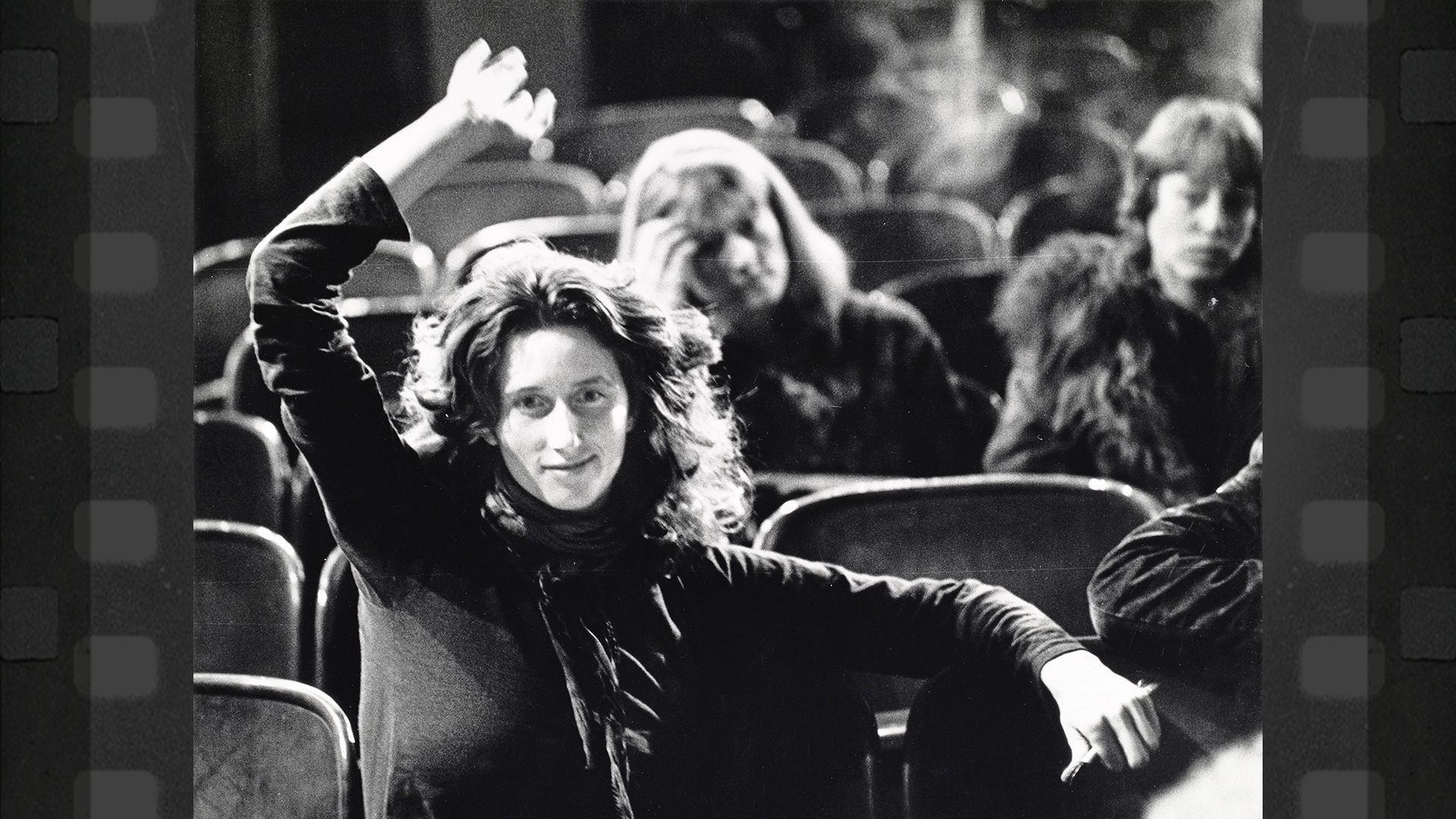
THE LONG ROAD TO THE DIRECTOR’S CHAIR
By Vibeke Løkkeberg
The first International Women's Film Seminar in 1973, organised by filmmakers Claudia von Alemann and Helke Sander, was an important milestone in the history of feminist filmmaking. Billed as a seminar due to funding requirements, it was essentially one of the earliest women’s film festivals, which provided a platform for women in film and television to gather, screen and discuss their work. Held in the Arsenal cinema in Berlin, the programme comprised of 45 films from seven countries that covered topics like women in the workplace, representation of women in the media, abortion, sexuality and gender roles, and the women’s liberation movements in Europe and the United States.
Among the guests was Norwegian filmmaker Vibeke Løkkeberg, who came to present her film, Abortion (1971), and to document the event. She recorded the comings and goings in the cinema, heated discussions, and conversations with participants about the prejudices ingrained in the patriarchal structures within which they work. There were disagreements, but open and honest dialogue too, affirming a commitment to solidarity and collective action in addressing systemic challenges faced by women working in a male-dominated profession.
The event was very much of its time. Issues addressed reflected the concerns of the “second wave” of feminism in the West in the 1960s and 1970s, which sought equality and greater personal freedoms for women. This was also a period that saw an acceleration in geopolitical tensions worldwide, triggered by flashpoints like the Vietnam War. This volatility reverberated in the field of cinema; the revolutionary approaches of the French New Wave film movement were especially influential.
Despite the historic content, state-owned broadcaster NRK refused to broadcast Løkkeberg’s footage. As a result, the materials were shelved and thought to be lost for nearly 50 years, until they were unexpectedly re-discovered in the Norwegian National Library. Painstakingly restored, the 16mm reels and audio recordings are now brought to life in The Long Road to the Director's Chair, which premiered at the 75th Berlin International Film Festival (2025). The film stands as a testament to the legacy of these women trailblazers, and their indomitable spirit that still echoes in the continued battle for gender equality and representation in the film industry today.

